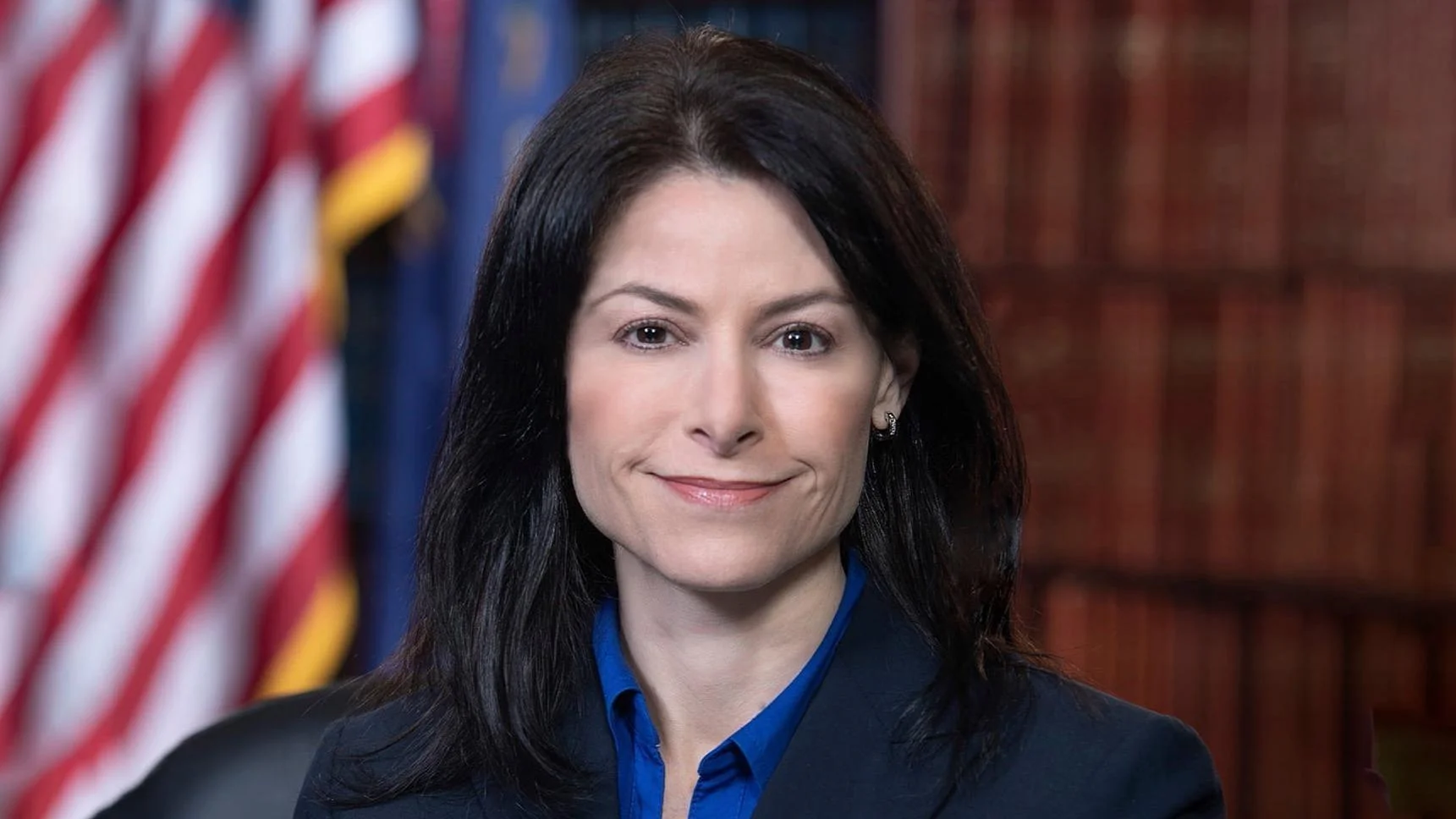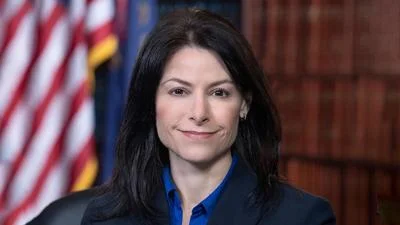Dana Nessel, Attorney General of Michigan | www.facebook.com
Dana Nessel, Attorney General of Michigan | www.facebook.com
Today, Michigan Attorney General Dana Nessel filed a Request for Rehearing with the U.S. Department of Energy (DOE). The filing challenges a DOE order that seeks to prevent the planned retirement of Consumers Energy’s J.H. Campbell coal-fired power plant in West Olive, Michigan. The order is described by Nessel as "arbitrary and illegal," alleging it was issued under the guise of an energy emergency.
"Michigan must be in the fight to maintain self-determination in where our power comes from," stated Nessel. She emphasized that the closure has been long-planned and agreed upon in settlements impacting customer costs. "The closure of this coal-powered electric plant has been planned for years, the utility made all due preparations to maintain our energy load without it."
Nessel warned that if the DOE's order stands, it could impose significant financial burdens on Consumers Energy's rate-paying customers. "The costs of maintaining production at the plant...could be an enormous burden," she noted, adding concerns about environmental and public health impacts.
The retirement of the Campbell Plant has involved extensive planning by state regulators and inter-state power grid authorities. Replacement power resources have been procured to compensate for its removal. The retirement plan was initially proposed by Consumers Energy in June 2021 and approved by the Michigan Public Service Commission in June 2022.
"This unprecedented Order...declares an emergency without evidence," Nessel continued, asserting it could result in increased utility costs without benefits to customers. She reiterated her commitment to fighting for affordable utility bills and cleaner energy production for Michiganders.
The DOE's May 23, 2025 order disregards previous planning and regulatory approvals, according to Nessel, marking a departure from past practices where plant retirements were delayed only upon request from utilities or local governments during genuine emergencies.
Nessel's rehearing request argues against the DOE's inability to demonstrate an actual emergency and claims several violations of its authority under the Federal Power Act. She contends that the order exceeds granted authority and fails to limit operations strictly when necessary while minimizing environmental impacts.
Under federal law, the Department of Energy has 30 days to respond to this request from Attorney General Nessel.





 Alerts Sign-up
Alerts Sign-up